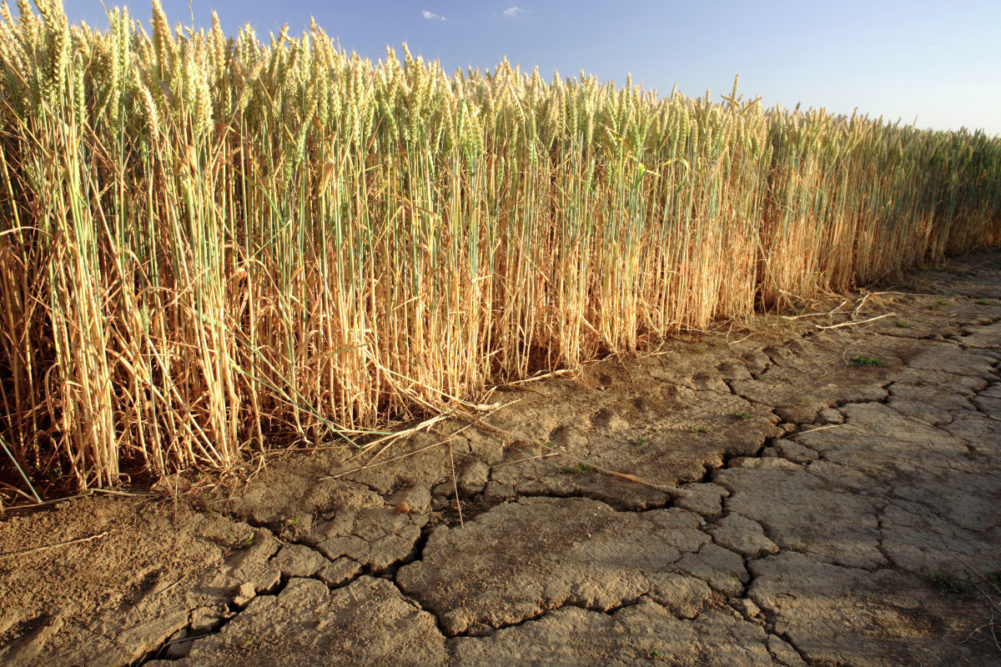BAGHDAD, IRAQ — Drought continues to plague Iraq as the Iraqi Ministry of Agriculture recently cut agricultural cropping in irrigated areas of the country to 50% less than the previous year due to shortages in surface water, according to a Global Agricultural Information Network (GAIN) report from the Foreign Agricultural Service of the US Department of Agriculture (USDA).
The USDA forecasts 2022-23 wheat production at 3.25 million tonnes, well below the estimated 5.47 million tonnes in the 2021-22 crop year.
Though Iraq increased its wheat planted area in 2021-22 by 10.4% compared to the previous season, the harvested area, due to low water availability, was much lower, the USDA said.
A change in government policy regarding input subsidies also has impacted wheat production in Iraq. Prior to the 2021-22 marketing year, farmers operating within the Ministry of Agriculture’s annual plan received certified and registered seeds at a subsidized rate of 70%. The rate now has been reduced to 30%, the report noted. Fertilizer subsidies also changed from 120 kg per hectare to 20 kg per hectare.
“Most farmers refused to acquire the fertilizers due to its small amount and the bureaucratic challenges involved to receive it,” the USDA said.
Therefore, with wheat consumption trends in Iraq continuing to steadily climb, imports in 2022-23 are expected to reach 3.4 million tonnes, a 1.2-million-tonne increase over 2021-22, the report said.




